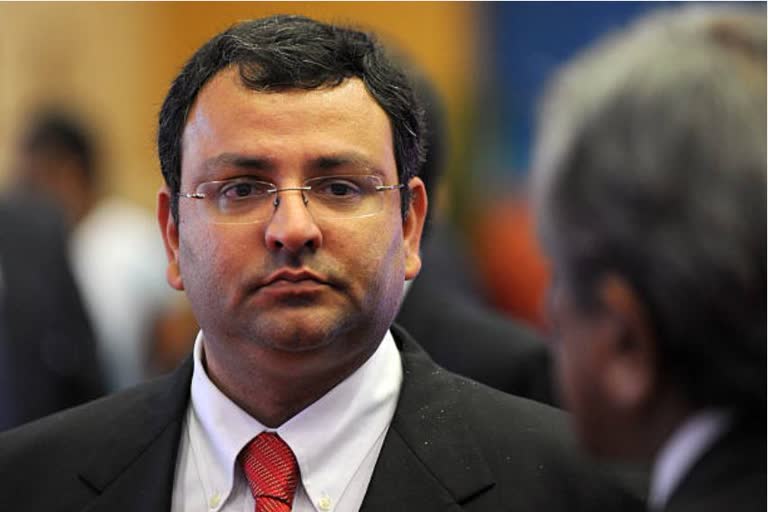Mumbai: Less than a month after the Supreme Court stayed an order reinstating him as Tata Sons chairman, Cyrus Mistry has moved the apex court seeking removal of many anomalies in the NCLAT order, saying his family deserved more relief from the tribunal.
Mistry, whose family owns 18.37 per cent stake in Tata Sons, has filed a cross appeal in the court.
Generally, a cross appeal refers to an appeal made against certain facets of a judgement.
On January 25, a three-judge bench headed by Chief Justice Arvind Bobde stayed the National Company Law Appellate Tribunal (NCLAT) order, dated December 18, wherein Mistry was reinstated as Tata Sons chairman. The stay came on an appeal filed by Tata Group.
In the petition, Mistry has described the group's relationship with Tatas as "a quasi-partnership relationship of a vintage of over 60 years, holding 18.37 per cent in the equity share capital of Tata Sons and whose stake is now worth over Rs 1.5 lakh crore".
According to the petition, which has been accessed by PTI, the Mistry camp has sought remedies for many anomalies in the NCLAT order, including about not looking at alleged oppression of minority shareholders as well as converting Tata Sons into a private limited company as a post-facto move.
The conversion happened after Mistry was removed as chairman on October 24, 2016.
As per the petition, filed on February 14, the tribunal order clearly and unequivocally found the prejudicial conduct by Tata Sons, but failed to provide certain important reliefs that would have put an end to the oppressive conduct of the majority shareholder.
Reinstating Mistry as the chairman, NCLAT had also termed the action of the Registrar of Companies to allow conversion of Tata Sons into a private limited company illegal.
Read more:Indian economic revival likely to be shallow: Moody's
After the tribunal's ruling, Mistry had said that he was not interested in any executive position at the Tatas but wants only to uphold corporate governance norms and also protect his family's investment in the Tatas.
The 45-page petition, filed before the Supreme Court on February 14, said the tribunal, after reviewing voluminous records, has clearly found the prejudicial conduct by Tata Sons.
However, the tribunal "has erred in not granting vital reliefs, including proportionate representation on the board of Tata Sons, and striking down of certain provisions in the articles of association, which were the tools of oppression that enabled prejudicial conduct by the majority shareholder," it said.
